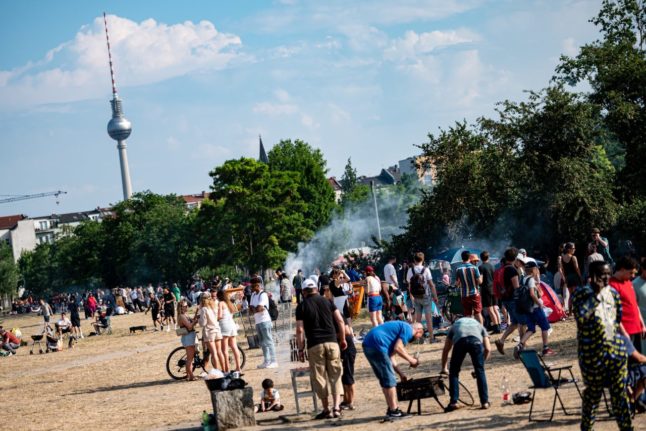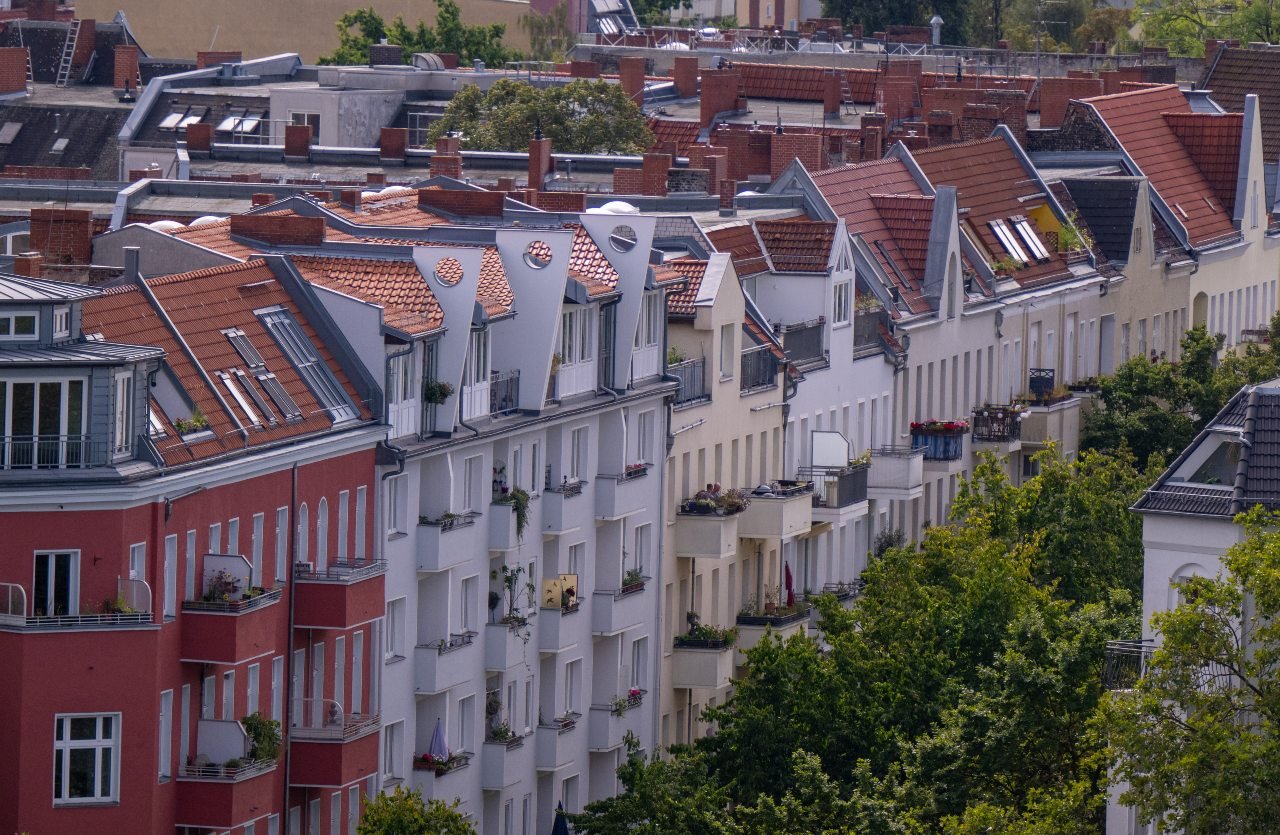There are less dangerous places for coming out of the closet than Singapore.
Swede Anders Wikberg knew this when he lived in there for a year in 2003. Homosexuals in the country are threatened with a several-year prison sentence, but Wikberg finally had enough.
“I just didn’t want to lie anymore,” he says.
In hindsight, it was good decision. The openness not only strengthened his relationship to friends and family, but also helped his career. Before he’d often been afraid admitting he was gay would lead to trouble.
“Since I no longer have to constantly watch out for what I say, I can concentrate much better,” he says.
Today the 31-year-old lives in Munich. There he no longer fears a prison sentence like in Singapore, but still feels that the professional lives of gays and lesbians aren’t always made easy in Germany.
“Many firms consider themselves open, but it doesn’t appear so to me at all,” he says.
That’s why together with his business partner Stuart B. Cameron, Wikberg brought “Milk 2010” to life – which he says is Europe’s first career fair especially for homosexuals. The event takes place on Friday and Saturday in Munich for the first time.
Wikberg and Cameron borrowed the name from Harvey Milk, the first openly gay man to be elected to public office in California.
“He was an example,” Wikberg says. “Milk was the first US politician that was openly gay and still successful.”
The event is meant to be a networking platform. At the same time there will be speeches on topic such as, “Are we different? – Homosexual executives put to the test,” or “Outing at the workplace – curse or blessing?” Additionally there will be a presentation of an index that promotes firms that champion equal rights for homosexuals.
Eight companies plan to send representatives to Milk 2010, among them Google, SAP, Cisco, Ford, Volkswagen Financial Services and IBM.
“If we want to win the best workers for our company, then we can’t afford to shut anyone out,” says Uta Menges, who ensures employee diversity at IBM Deutschland.
She also points out that colourful mix within the company is extremely desirable, because it helps creativity.
Other companies make similar arguments, though they don’t make a secret of the fact that the commitment has a positive effect on their corporate image.
The job fair organisers also have frequently discussed what kind of image they are projecting. They accept that by putting the differences between gays and heteros into focus, they could torpedo their goal of equal rights.
“We simply believe that the demand for such an event persists,” Wikberg says.
The organisers expect up to 2,000 visitors in the first year. The hope it will become an annual event that could eventually expand to Berlin.
They’re also getting support from Germany’s Lesbian and Gay Federation (LSVD). Spokesperson Renate Rampf says that while the professional situation for homosexuals in Germany has improved, there’s still discrimination.
“When there’s a post to be filled, in Germany it’s still the case that heterosexuals with the same skills are favoured,” she says.
The Milk 2010 event runs March 5-6 in Munich.
This article was published with the kind permission of Berlin newspaper Der Tagesspiegel, where it originally appeared in German. Translation by The Local.





 Please whitelist us to continue reading.
Please whitelist us to continue reading.
Member comments